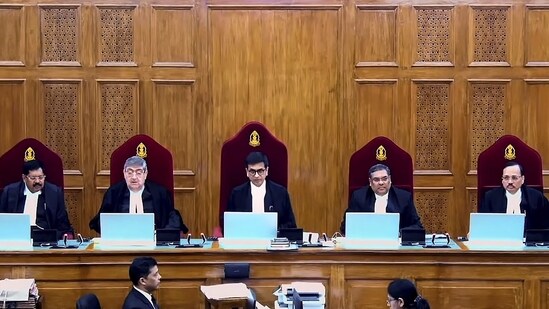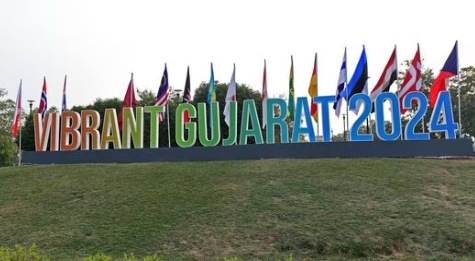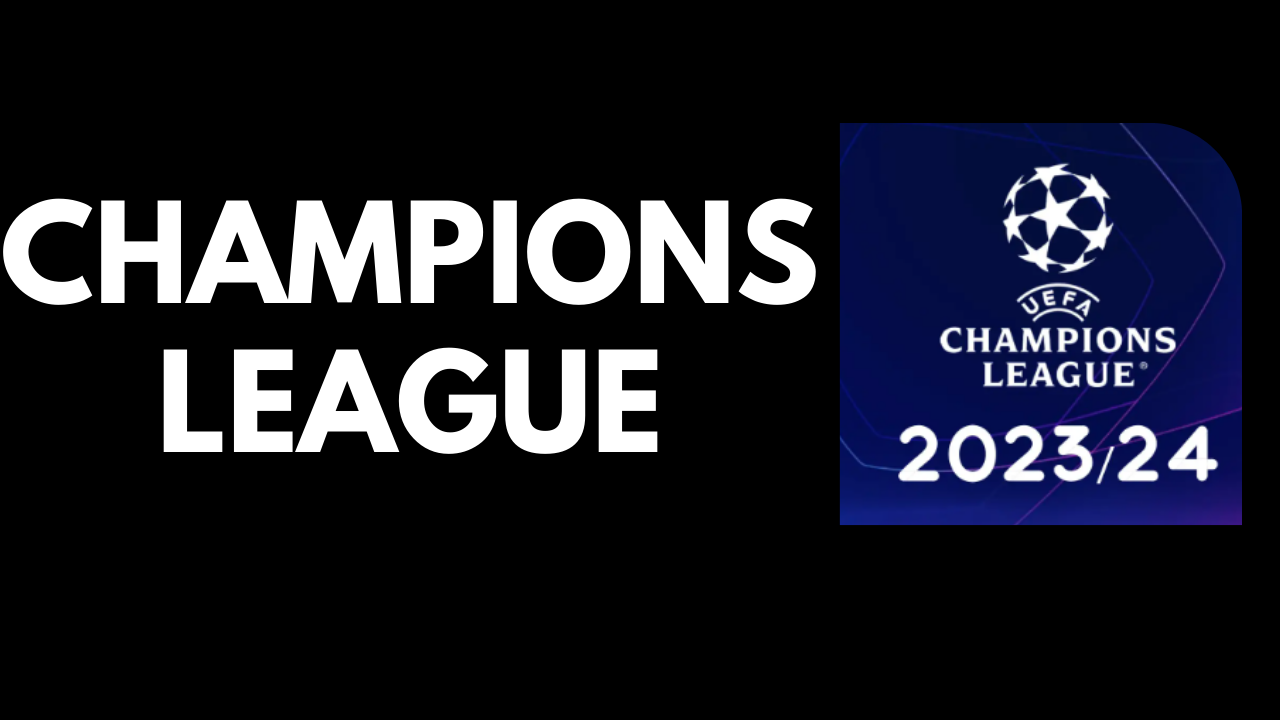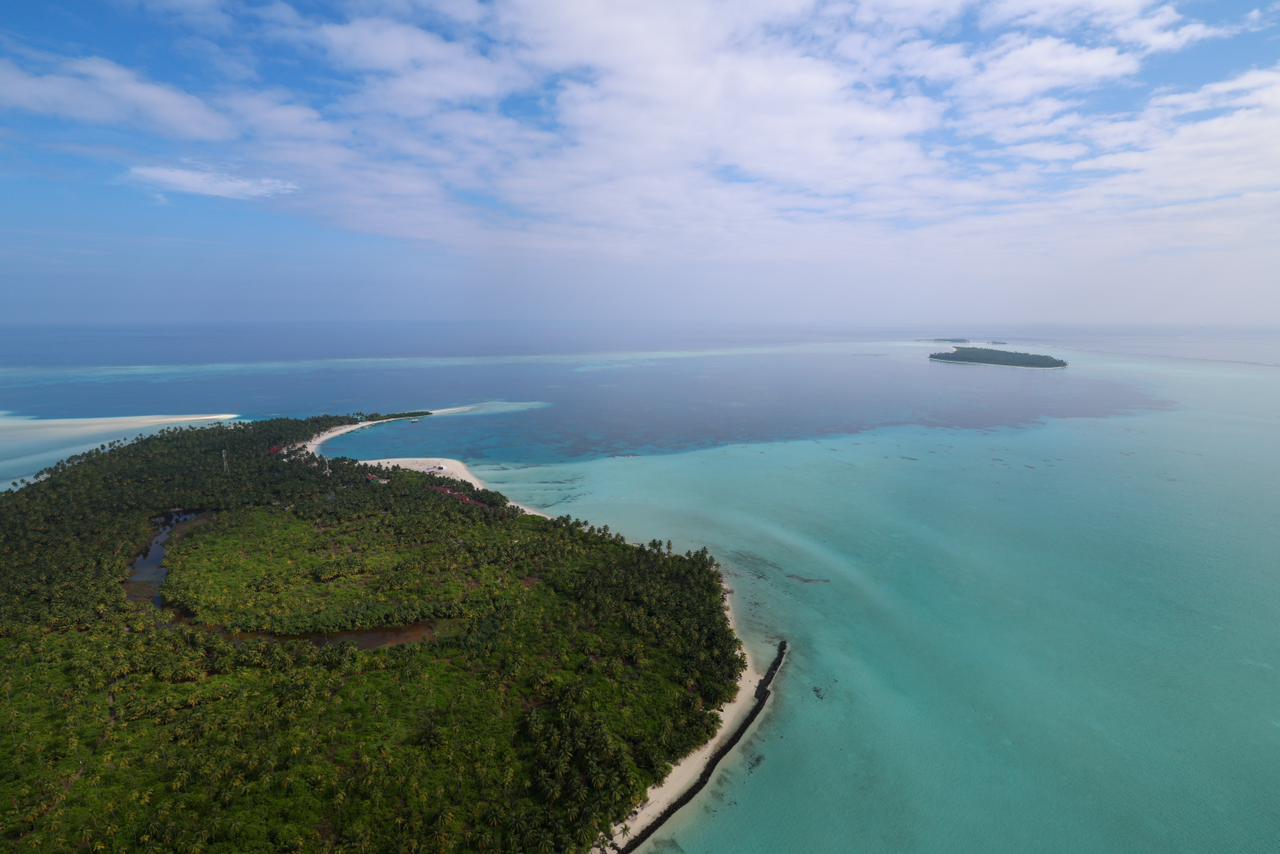
On December 11, 2023, the Supreme Court of India delivered its verdict on a batch of petitions challenging the abrogation of Article 370, which granted special status to the erstwhile state of Jammu and Kashmir. The five-judge constitution bench, headed by Chief Justice of India D.Y. Chandrachud, upheld the Centre’s decision to revoke Article 370 by a majority of 4:1, with Justice Sanjiv Khanna dissenting.
The main issue that the court had to examine was whether Article 370 was a permanent or a temporary provision of the Constitution. The petitioners, represented by senior advocates Kapil Sibal, Rajeev Dhavan and others, argued that Article 370 was a permanent feature of the Constitution, as it reflected the unique historical circumstances and the will of the people of Jammu and Kashmir. They contended that Article 370 could not be revoked without the recommendation of the Constituent Assembly of Jammu and Kashmir, which ceased to exist in 1957.
The respondents, represented by Attorney General K.K. Venugopal, Solicitor General Tushar Mehta and others, argued that Article 370 was a temporary provision, as it was explicitly mentioned in the heading of Part XXI of the Constitution, which deals with “Temporary, Transitional and Special Provisions”. They submitted that Article 370 was meant to be a transitional arrangement until the final settlement of the political status of Jammu and Kashmir, and that the President had the power to abrogate it by issuing a notification under clause (3) of the Article.
The bench, during the course of the hearing, posed several questions to both sides, such as who could recommend the revocation of Article 370 in the absence of the Constituent Assembly of Jammu and Kashmir, whether Article 370 was a new category of constitutional provision beyond the basic structure doctrine, and whether the abrogation of Article 370 violated the principles of federalism, democracy and secularism.
In his concluding remarks, CJI Chandrachud observed that Article 370 was a temporary provision, as it was clearly stated in the Constitution. He said that the court could not go beyond the text of the Constitution and read into it something that was not there. He also noted that the Constituent Assembly of Jammu and Kashmir had the power to abrogate Article 370, but it did not do so, and instead framed a separate constitution for the state. He said that the court had to respect the choice of the Constituent Assembly and the people of Jammu and Kashmir, and that the court could not rewrite history.
The majority judgement, authored by CJI Chandrachud, held that the President had the authority to modify Article 370 in consultation with the Governor of Jammu and Kashmir, who was the successor of the Constituent Assembly. The judgement also held that the Parliament had the power to enact laws for Jammu and Kashmir under Article 370, and that the Centre’s decision to bifurcate the state into two Union Territories was valid. The judgement further held that Article 370 did not fall within the ambit of the basic structure doctrine, and that the principles of federalism, democracy and secularism were not violated by the abrogation of Article 370.
The dissenting judgement, authored by Justice Khanna, held that the President could not modify Article 370 without the concurrence of the elected government of Jammu and Kashmir, and that the Governor could not act as a substitute for the Constituent Assembly. The judgement also held that the Parliament could not enact laws for Jammu and Kashmir that were inconsistent with the state constitution, and that the Centre’s decision to bifurcate the state into two Union Territories was unconstitutional. The judgement further held that Article 370 was part of the basic structure of the Constitution, and that the principles of federalism, democracy and secularism were violated by the abrogation of Article 370.
The verdict of the court is expected to have far-reaching implications for the constitutional and political status of Jammu and Kashmir, as well as the fundamental rights of its residents. The court will have to balance the competing claims of sovereignty, security, autonomy and democracy, and decide whether the Centre’s decision to abrogate Article 370 was constitutional, valid and justified.





